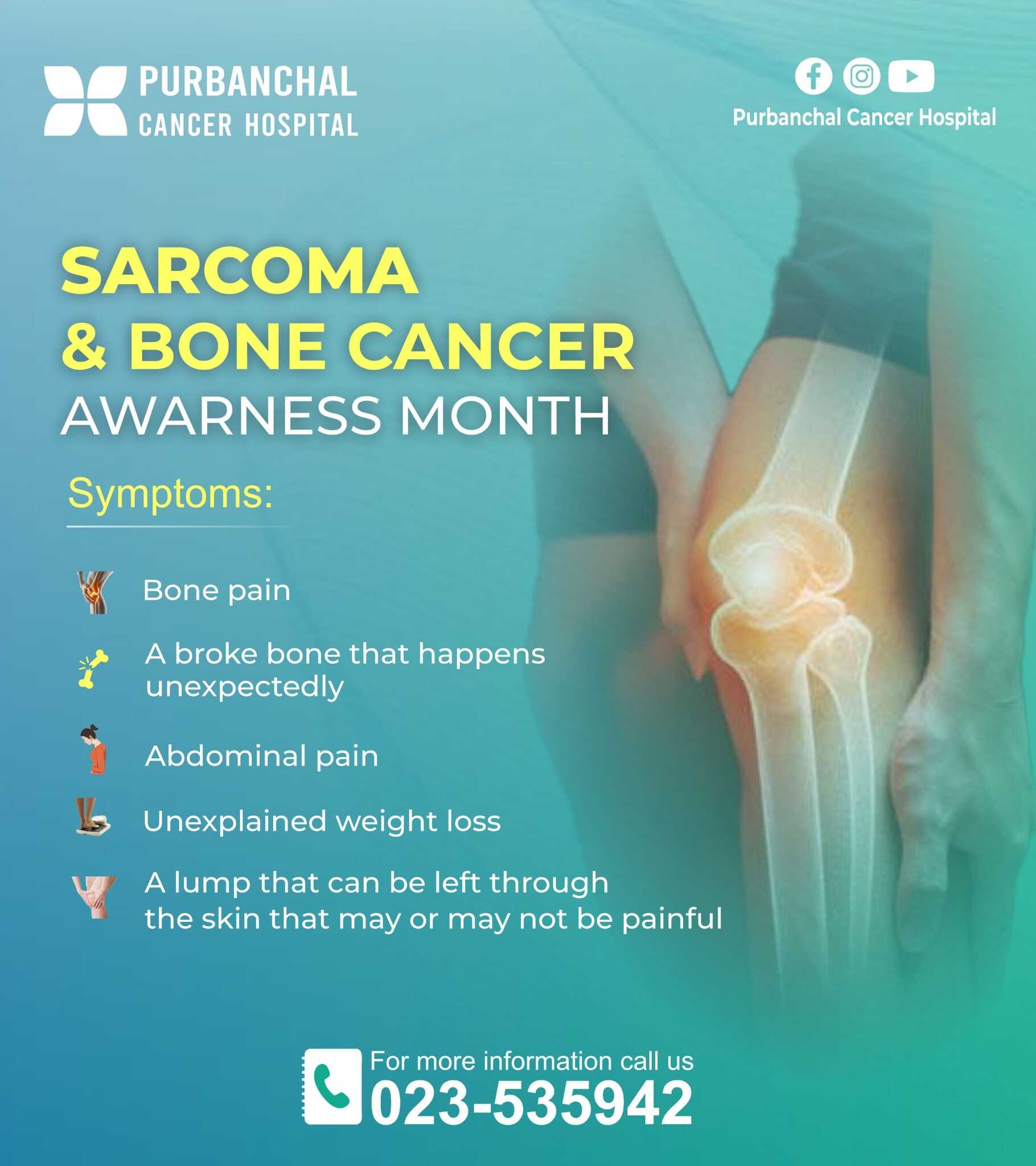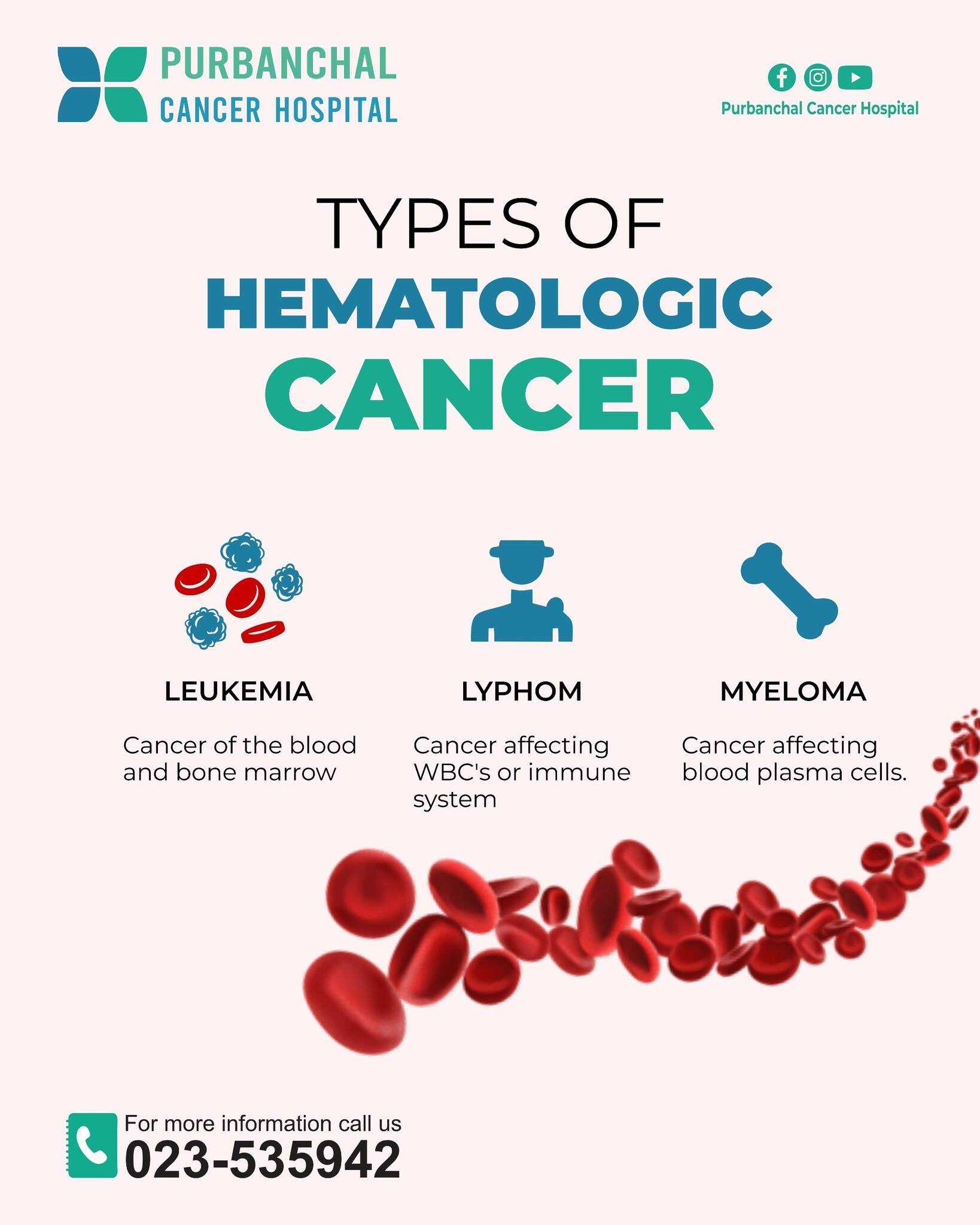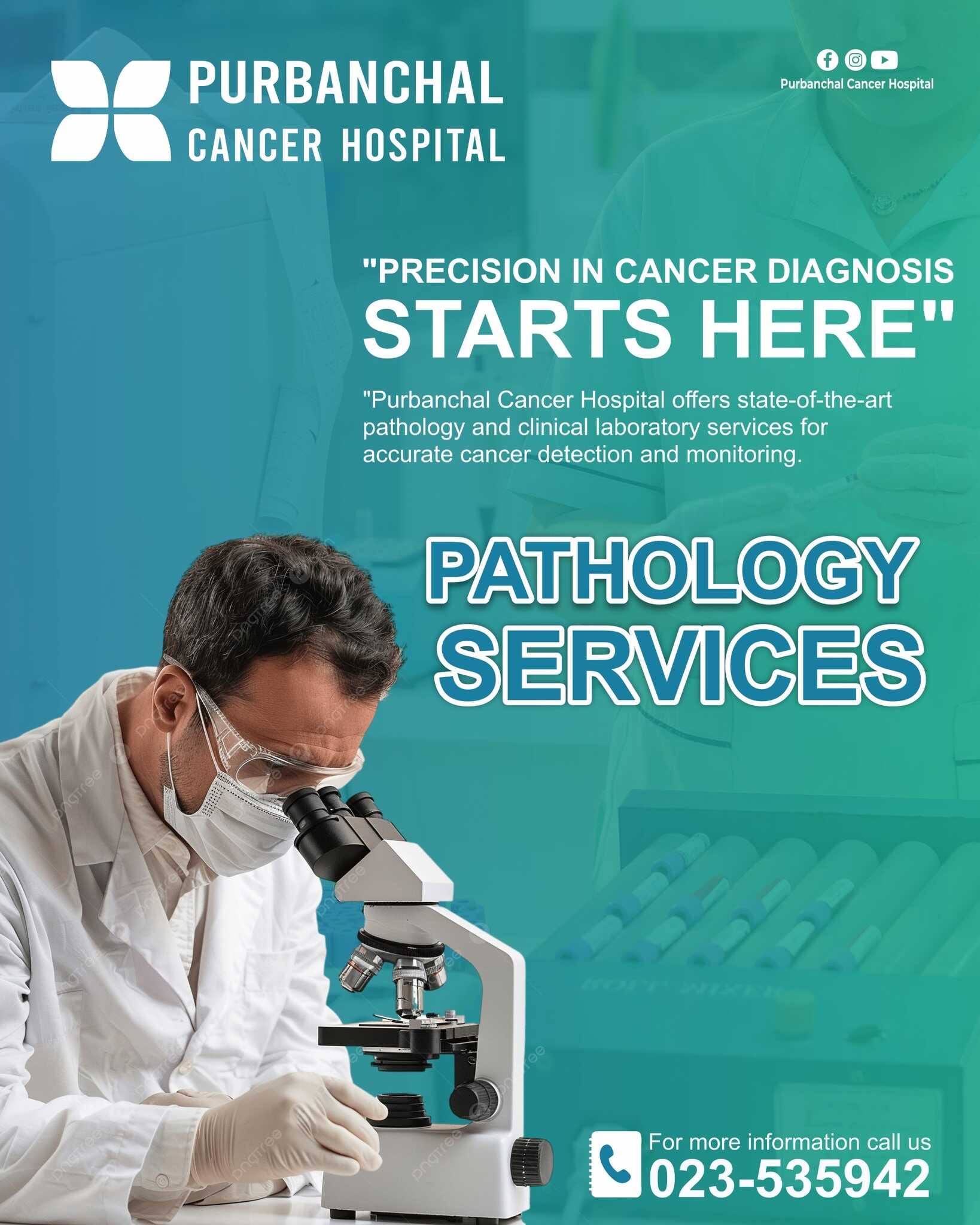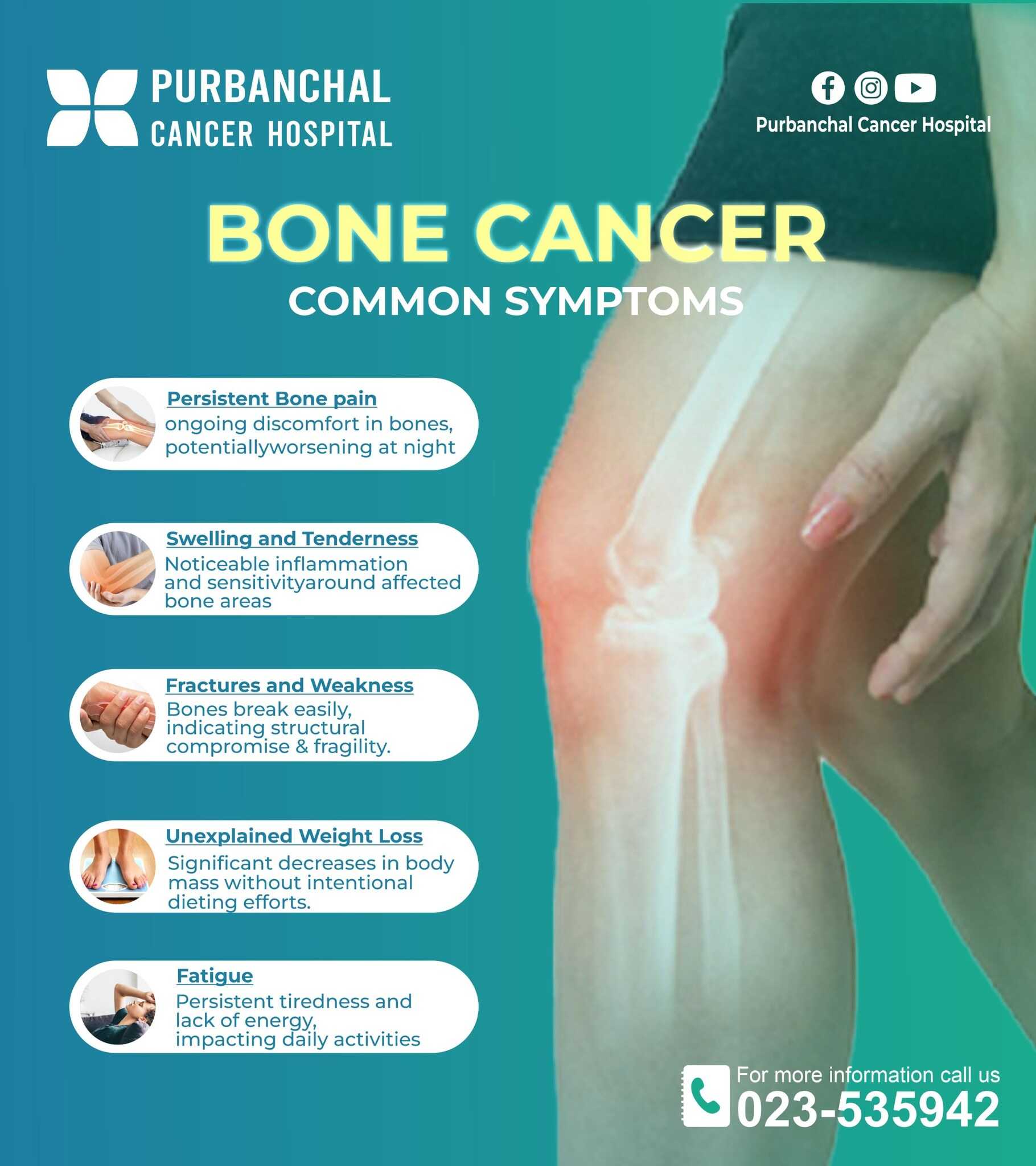Now you can book your appointment with World Class Cancer Specialists only at Purbanchal Cancer Hospital. Early diagnosis is crucial to early Cancer treatment and Cure. Book your appointment today!
We welcome you under the care umbrella of PCH.
<p style="text-align:justify"><span style="font-size:16px"><span style="color:#000000">Medical Oncology uses specialized medications, referred to as chemotherapy drugs, to control and eradicate cancerous cells throughout a patient's body. A medical oncologist is a physician responsible for managing and oversight a patient's chemotherapy regimen and the complications that may be given over several weeks, months, or years.</span></span></p> <p style="text-align:justify"><span style="color:#16a085"><span style="font-size:20px"><strong>Chemotherapy</strong></span></span></p> <p><span style="font-size:16px"><span style="color:#000000">Chemotherapy, also referred to as Chemo, is a form of cancer treatment in which drugs are used to kill cancer cells, stop cancer cells from spreading and slow the growth of cancer cells.<br /> Chemotherapy can be given alone or in conjunction with other treatments. Chemotherapy that is given before surgery or radiation therapy in order to reduce the size of a tumor is known as neoadjuvant chemotherapy. In turn, adjuvant chemotherapy is given to patients after radiation treatment or surgery.</span></span></p> <p><span style="color:#16a085"><span style="font-size:20px"><strong>How is Chemotherapy Administered</strong></span></span></p> <p style="text-align:justify"><span style="font-size:16px"><span style="color:#000000">Chemotherapy is generally administered over several treatment cycles. Depending on the doctor's prescription and how the patient's body reacts, Chemotherapy can be delivered daily, weekly, or monthly followed by a period of rest. This period of rest is vital to continuing chemotherapy because it allows the body to recover and rejuvenate to produce healthy new cells.</span></span></p> <p style="text-align:justify"><u><span style="color:#16a085"><strong><span style="font-size:18px">Chemotherapy is typically administered in the following ways:</span></strong></span></u></p> <p style="text-align:justify"><span style="font-size:16px"><span sty
<p><span style="color:#000000"><span style="font-size:11pt"><span style="font-size:12.0pt">Gynecologic cancer comes with the medical condition in which cancer or tumor cells develop in the reproductive organs of a woman’s body. Cancer is always named according to the part of the body where it starts. </span></span></span></p> <p><span style="color:#16a085"><span style="font-size:20px"><strong>Types </strong></span></span></p> <p><span style="color:#e67e22">➤</span> <strong><span style="font-size:11pt"><span style="font-size:12.0pt"><a href="https://www.cdc.gov/cervical-cancer/"><span style="color:#0a3d62">Cervical Cancer</span></a></span></span></strong><span style="color:#000000"><span style="font-size:11pt"><span style="font-size:12.0pt"> is the most common gynecological cancer in developing countries like Nepal. It starts growing in the cervix which is the lower part of the uterus. </span></span></span></p> <p><span style="color:#e67e22">➤</span> <span style="font-size:11pt"><span style="font-family:Calibri,"><strong><a href="https://www.cdc.gov/cancer/ovarian/"><span style="color:#0a3d62"><span style="font-size:12.0pt">Ovarian cancer</span></span></a></strong><span style="color:#000000"><span style="font-size:12.0pt"> grows in the ovaries or fallopian tubes which are located on both sides of the uterus.</span></span></span></span></p> <p><span style="color:#e67e22">➤</span> <span style="font-size:11pt"><span style="font-family:Calibri,"><strong><a href="https://www.cdc.gov/cancer/uterine/"><span style="color:#0a3d62"><span style="font-size:12.0pt">Uterine cancer</span></span></a></strong><span style="color:#000000"><span style="font-size:12.0pt"> involves uterine muscles and endometrium. The tumor of uterine muscle is called sarcoma and that of endometrium is called endometrial carcinoma. The uterus is the pear-shaped organ where the baby grows during pregnancy.</span></span></span></span></p> <p><span style="color:#e67e22">➤</span> <span style
<p style="text-align:center"><span style="color:#16a085"><strong><span style="font-size:20px">Head & Neck Oncology and Reconstructive Surgery</span></strong></span></p> <p style="text-align:justify"><span style="color:#000000"><span style="font-size:11pt"><span style="font-size:12.0pt">At Purbanchal Cancer Hospital (PCH), our treatment philosophy is based on multi-disciplinary team approach emphasizing on organ preservation and restoration of form and function by advanced reconstructive surgery, radiation treatment protocol and rehabilitative services. Our team consists of Head and Neck oncology, reconstructive surgery, radiation oncology, medical oncology, radiology, pathology, rehabilitation and pain and palliation services. All patients will be evaluated in a multidisciplinary tumor board to determine the most optimal treatment option.</span></span></span></p> <p style="text-align:justify"><span style="color:#000000"><span style="font-size:11pt"><span style="font-size:12.0pt">The Head & Neck surgical oncology provides organ preservation surgery, minimally invasive endoscopic laser surgery.</span></span></span></p> <p style="text-align:justify"><span style="color:#000000"><span style="font-size:11pt"><span style="font-size:12.0pt">The mission of Head and Neck oncology department is to provide a one-stop comprehensive care for patients with head and neck cancers. A multidisciplinary team of well renowned head and neck and reconstructive surgeons strive to provide treatment optimized for complete tumor ablation followed by restoration of form and function. The department works closely with departments of radiation oncology, medical oncology, pathology, radiology and pain management to deliver State-of-the-Art treatment. Special emphasis is given to quality of life and functional rehabilitation of cancer patients.</span></span></span></p> <p style="text-align:justify"><span style="color:#000000"><span style="font-size:11pt"><span style="font-size:12.0pt">The department also runs an active commu
<p style="text-align:justify"><span style="font-size:16px"><span style="color:black">At Purbanchal Cancer Hospital, we offer the latest state-of-art operation theaters, high-end microscopes, neuro-endoscopes, Brain Lab neuro-navigation system, and other tools for precise, minimally-invasive brain and spine surgeries</span></span></p> <p style="text-align:justify"><span style="font-size:16px"><span style="color:black">Neuro-oncologists will be equipped to treat brain tumors for Pediatrics patients, Adult patients, Primary and Secondary tumors of the brain and spinal cord, Minimally invasive Spine Surgeries, and other individually designed procedures that match any international standard in tumor care.</span></span></p>
<p style="text-align:justify"><span style="font-size:16px"><span style="color:#000000">Radiation Oncology is a medical specialty that involves the controlled use of radiation to treat cancer and is distinct from radiology. Recent advancements in radiation therapy have revolutionized the treatment of cancer, leading to better clinical outcomes for patients. A specialty physician called a Radiation Oncologist manages and oversees each patient’s radiation treatment. The precise treatment intent (curative, adjuvant, neoadjuvant therapeutic, or palliative) will depend on the tumor type, location, and stage, as well as the general health of the patient. Only a radiation oncologist can help in determining if radiation therapy is right for the patient.</span></span></p> <p><span style="font-size:20px"><span style="color:#16a085"><strong>There are two ways by which radiation can be administered to patients:</strong></span></span></p> <p><span style="font-size:18px"><span style="color:#0a3d62"><strong>1. External Beam Radiation:</strong></span></span><span style="font-size:16px"><span style="color:#0a3d62"><strong> </strong></span></span><span style="font-size:16px"><span style="color:#000000">External beam radiation therapy delivers radiation through the use of a large machine called a linear accelerator that precisely aims radiation beams from outside of the body at the cancerous tumor.</span></span></p> <p><span style="font-size:18px"><span style="color:#0a3d62"><strong>2. Brachytherapy or Intracavitary Radiation Therapy:</strong></span></span><span style="font-size:16px"><span style="color:#000000"> Brachytherapy is a type of radiation therapy in which radioactive particles known as seeds are placed within the body on the tumor or nearby the cancer cells.</span></span></p> <p><span style="font-size:16px"><span style="color:#000000">About half of all cancer patients receive some type of radiation therapy at some point during the course of their cancer care.</span></span></p> <p> </p>
<p style="text-align:justify"><span style="font-size:16px"><span style="color:#000000">As an emerging specialty of orthopedic oncology, Musculoskeletal oncology involves bone and soft tissue disorders. At PCH, our specialized team of experts adopts a multidisciplinary approach and treats Musculoskeletal cancer with the help of evolved technology and techniques.</span></span></p>
<p><span style="color:#000000"><span style="font-size:12pt">Purbanchal cancer hospital in Nepal has introduced PET/CT Positron emission tomography/computed tomography is a rapidly growing modality that has made a tremendous impact on the care of patients with cancer<span style="font-size:9.0pt">. </span></span></span></p> <p><span style="color:#000000"><span style="font-size:12pt">PET scans use a small amount of a radioactive substance, or tracer, to show differences between healthy tissue and diseased tissue.</span></span></p> <p><span style="color:#000000"><span style="font-size:12pt">The most commonly used tracer is <sup>18</sup>F-FDG (Fluoro-deoxy-glucose).</span></span></p> <p><span style="color:#000000"><span style="font-size:12pt">The combination of PET/CT provides complete information about both structure (CT) and function (PET) in the human body.</span></span></p> <p><span style="font-size:20px"><span style="color:#16a085"><strong>Application of PET :</strong></span></span></p> <p><u><strong><span style="color:#16a085"><span style="font-size:18px">1. Oncological Application (>95%): </span></span></strong></u></p> <p><span style="color:#000000"><span style="font-size:12pt">Lymphoma, Head and Neck Cancers, Lung cancer, Breast cancers, RCC, Gynaecological malignancies, Metastasis, Carcinoma of Unknown Primary etc.</span></span></p> <p><span style="color:#16a085"><strong><u><span style="font-size:12pt">Useful for:</span></u></strong></span></p> <p><span style="color:#e67e22">➤</span> <strong><span style="color:#0a3d62"><span style="font-size:12pt">Diagnosis of Malignancy</span></span></strong></p> <p><span style="color:#e67e22">➤</span> <span style="color:#0a3d62"><strong><span style="font-size:12pt">Staging of various cancers</span></strong></span></p> <p><span style="color:#e67e22">➤</span> <span style="color:#0a3d62"><strong><span style="font-size:12pt">Response Evaluation after Chemotherapy, Radiotherapy, Surgery or Immunotherapy</span></strong></span
<p style="text-align:center"><span style="color:#16a085"><span style="font-size:20px"><strong>Department of Anesthesia</strong></span></span></p> <p style="text-align:justify"><span style="color:#000000"><span style="font-size:16px">The Department of Anaesthesiology at Purbanchal Cancer Hospital includes an experienced team of anaesthesiologists working 24 hrs. a day for providing Safe Anaesthesia Care to patients of all age groups.</span></span></p> <p style="text-align:justify"><span style="font-size:18px"><u><strong><span style="color:#16a085">Anesthesia care in operating theatres for all types of surgical, diagnostic and therapeutic procedures:</span></strong></u></span></p> <p><span style="color:#e67e22">➤</span> <strong><span style="color:#0a3d62"><span style="font-size:16px">PAC Clinic daily (Preoperative patient assessment and preparation)</span></span></strong></p> <p><span style="color:#e67e22">➤</span> <strong><span style="color:#0a3d62"><span style="font-size:16px">Perioperative care</span></span></strong></p> <p><span style="color:#e67e22">➤</span> <strong><span style="color:#0a3d62"><span style="font-size:16px">Ambulatory anesthesia</span></span></strong></p> <p><span style="color:#e67e22">➤</span> <span style="color:#0a3d62"><strong><span style="font-size:16px">Regional anesthesia under ultrasound guidance</span></strong></span></p> <p style="text-align:justify"><span style="color:#e67e22">➤</span> <span style="color:#0a3d62"><strong><span style="font-size:16px">Critical Care Service</span></strong></span></p> <p style="text-align:justify"><span style="color:#e67e22">➤</span> <span style="color:#0a3d62"><strong><span style="font-size:16px">Sedation and anesthesia in radiology suites (CT Scan & MRI) and Endoscopy rooms.</span></strong></span></p>
<p style="text-align:justify"><span style="color:#000000"><span style="font-size:16px">Clinical hematology is dedicated to the diagnosis and treatment of diseases of the blood and blood-forming tissues. The diseases in the area of Hematology may involve Blood cells (red blood cells, white blood cells, and platelets); Other blood components; The hematopoietic organs (bone marrow, lymph nodes, spleen).</span></span></p>
<p style="text-align:center"><span style="color:#16a085"><span style="font-size:20px"><strong> Department of Pathology and Clinical Laboratory</strong></span></span></p> <p><span style="font-size:16px"><span style="color:#000000">The Department of Pathology and clinical laboratory is an integral part of our institution which has been playing important role in the diagnosis of disease.</span></span></p> <p><span style="color:#16a085"><span style="font-size:20px"><strong>Why our laboratory for investigations?</strong></span></span></p> <p><span style="font-size:16px"><span style="color:#000000"><strong>1.</strong> It is a hospital-based laboratory that performs tests under the supervision of full-time experienced consultant Pathologists and Master level laboratory scientists.</span></span></p> <p><span style="font-size:16px"><span style="color:#000000"><strong>2. </strong>Tests are performed by a fully automated analyzer with the gold standard method.</span></span></p> <p><span style="font-size:16px"><span style="color:#000000"><strong>3. </strong>Internal quality controls are performed on daily basis for all the tests to ensure quality reports.</span></span></p> <p><span style="font-size:16px"><span style="color:#000000"><strong>4. </strong>External quality control assessments are done through RIQAS to ensure quality reports.</span></span></p> <p><span style="font-size:16px"><span style="color:#000000"><strong>5. </strong>All the special tests and routine tests with quality reports are performed under the same umbrella.</span></span></p> <p><span style="font-size:16px"><span style="color:#000000"><strong>6. </strong>We ensure quality service from sample collection, and testing to dispatch of the reports.</span></span></p> <p><span style="font-size:16px"><span style="color:#000000"><strong>7. </strong>We ensure rapid quality diagnostic reports which aid in early management of the patient resulting in good outcomes.</span></span></p> <p><span s
<p>गत साल(२०८०-२०८१) विपन्न शाखामा सेवा लिनु भएका क्यानसर बिरामीको संख्या l</p>
<p><span style="color:#16a085"><span style="font-size:16px"><span style="font-family:Arial,Helvetica,sans-serif"><strong>Orthopedic oncology</strong></span></span></span><span style="color:#000000"><span style="font-size:16px"><span style="font-family:Arial,Helvetica,sans-serif"> is a specialized branch of medicine that focuses on the diagnosis and treatment of tumors that affect the bones and soft tissues of the body. These tumors can be benign (non-cancerous) or malignant (cancerous).</span></span></span></p> <p><span style="color:#000000"><span style="font-size:16px"><span style="font-family:Arial,Helvetica,sans-serif">Treatment often requires a multidisciplinary approach, involving orthopedic oncologists, medical oncologists, radiologists, pathologists, and rehabilitation specialists. The main goals are to remove or control the tumor, preserve as much limb function as possible, and maintain quality of life.</span></span></span></p> <p><span style="color:#000000"><span style="font-size:16px"><span style="font-family:Arial,Helvetica,sans-serif">Advanced surgical techniques, such as limb-sparing (limb salvage) surgery, combined with chemotherapy, radiation therapy, or targeted therapy, have significantly improved outcomes for many patients. In some cases, reconstructive surgery or prosthetic implants may be used to restore mobility and strength after tumor removal.</span></span></span></p> <p><span style="color:#000000"><span style="font-size:16px"><span style="font-family:Arial,Helvetica,sans-serif">Orthopedic oncology plays a crucial role in early diagnosis, accurate staging, and personalized treatment planning, helping patients achieve the best possible outcomes while reducing the impact on daily life.</span></span></span></p>
<p><span style="font-size:16px">At Purbanchal Cancer Hospital, the Dietetics and Nutrition Department plays a vital role in patient care by providing evidence-based, individualized nutrition support. Our expert dietitians design therapeutic meal plans to help patients maintain strength during chemotherapy, radiation, and surgery, manage treatment side effects, enhance immunity, and improve overall quality of life. We are committed to guiding patients and their families with compassionate dietary care that supports recovery and long-term well-being.</span></p>
<p style="text-align:justify"><span style="font-size:16px">Surgical oncology is one of the fields of oncology that focuses on treating cancer surgically. Surgery is the mainstay of the treatment of solid organ tumors. Purbanchal Cancer Hospital has a dedicated and experienced team of surgeons who are always keen to work in a team for the betterment of patients. We are backed by a multidisciplinary team of radiologists, pathologists, anesthesiologists, medical oncologists, radiation oncologists, internists, nursing, physiotherapists, and dieticians. </span></p> <p><span style="font-size:16px">Here in Purbanchal Cancer Hospital, we have a state-of-art operation theatre with a well-equipped intensive care unit and post-operative unit for smooth post-operative recovery of the patients. We provide surgical care in various aspects of surgical oncology.</span></p> <p><span style="color:#16a085"><span style="font-size:18px"><strong>We have the expertise for:</strong></span></span></p> <p><span style="font-size:16px"><span style="color:#e67e22">➤</span><span style="color:#0a3d62"> Thoracic and breast oncosurgery</span></span></p> <p><span style="font-size:16px"><span style="color:#e67e22">➤</span><span style="color:#0a3d62"> GI oncosurgery</span></span></p> <p><span style="font-size:16px"><span style="color:#e67e22">➤</span><span style="color:#0a3d62"> Hepatobiliopancreatic oncosurgery</span></span></p> <p><span style="font-size:16px"><span style="color:#e67e22">➤</span><span style="color:#0a3d62"> Urooncosurgery</span></span></p>
<p style="text-align:justify"><span style="color:#000000"><span style="font-size:16px">Hematology (also spelled as haematology in British English) is the branch of medicine concerned with the study of the cause, prognosis, treatment, and prevention of diseases related to blood. The field of hematology integrates clinical and laboratory medicine. It involves treating diseases that affect the production of blood and its components, such as blood cells, hemoglobin, blood proteins, bone marrow, platelets, blood vessels, spleen, lymphoid tissue, and the mechanism of coagulation. </span></span></p> <p><span style="color:#000000"><span style="font-size:16px">Hematology treatments are conducted on an outpatient, day-care, or inpatient basis, depending on the specific needs of each patient.</span></span></p> <p><span style="color:#16a085"><span style="font-size:18px">Areas of study</span></span></p> <p><span style="color:#000000"><span style="font-size:16px">Major areas of study within hematology include Red cell disorders and hemoglobinopathy, hematological malignancies, anemia, and coagulopathy. </span></span></p> <p><span style="font-size:16px"><span style="color:#e67e22">➤</span> <span style="color:#000000">Hemoglobinopathy is the study of abnormality in the globin chains of hemoglobin molecules. It includes sickle cell anemia, thalassemia, and other hereditary hemolytic disorders.</span></span></p> <p><span style="font-size:16px"><span style="color:#e67e22">➤</span> <span style="color:#000000">Hematological malignancies are concerned with the diagnosis and treatment of cancers of the bone marrow, blood and lymph nodes. The commonly hematological malignancies ar</span></span></p>
<p style="text-align:justify"><span style="font-size:16px"><span style="color:#000000">Purbanchal Cancer Hospital is one of the well-versed comprehensive cancer hospitals in eastern Nepal. Pediatric Hematology-Oncology service has been one of the highlights of this center since it vouches to treat childhood cancer and blood disorders to the best of its abilities.</span></span></p> <p style="text-align:justify"><span style="font-size:16px"><span style="color:#000000">We offer holistic care for children with malignancy and hematological disorders from 0-19 years of age group. Our multi-disciplinary team of well-trained and experienced pediatric hemato-oncologists, radiation oncologists, surgeons, anesthetists, in-house hematopathologists, and radiologists along with specially trained pediatric/oncology nurses, pharmacists, and paramedical personnel are committed to treating these children with utmost care and dedication.</span></span></p> <p style="text-align:justify"><span style="font-size:16px"><span style="color:#000000">Our services include outpatient clinics, in-patient care, daycare services, intensive care unit, palliative care, psychosocial and nutritional support, cancer survivor clinics particularly to monitor late effects, and facilities to perform bone marrow examinations, and intrathecal therapies.</span></span></p> <p style="text-align:justify"><span style="font-size:18px"><span style="color:#16a085"><strong>Diseases under our umbrella are:</strong></span></span></p> <p style="text-align:justify"><span style="color:#0a3d62"><span style="font-size:16px"><strong>1. Acute / Chronic leukemias</strong></span></span></p> <p style="text-align:justify"><span style="color:#0a3d62"><span style="font-size:16px"><strong>2. Lymphomas</strong></span></span></p> <p style="text-align:justify"><span style="color:#0a3d62"><span style="font-size:16px"><strong>3. Solid tumors</strong></span></span></p>
















